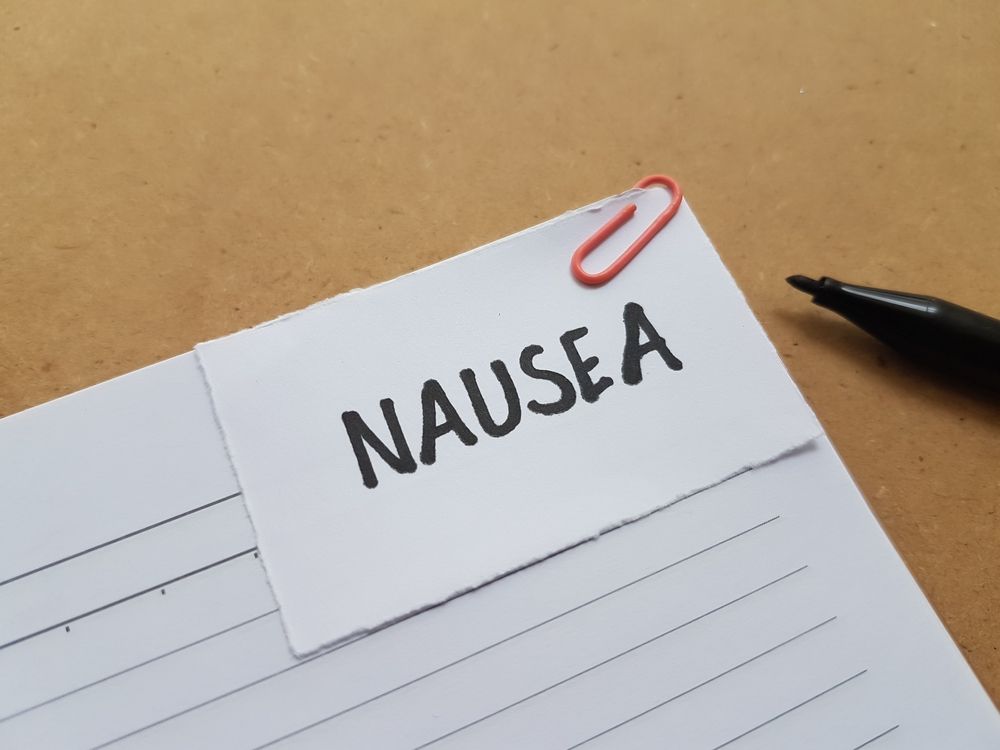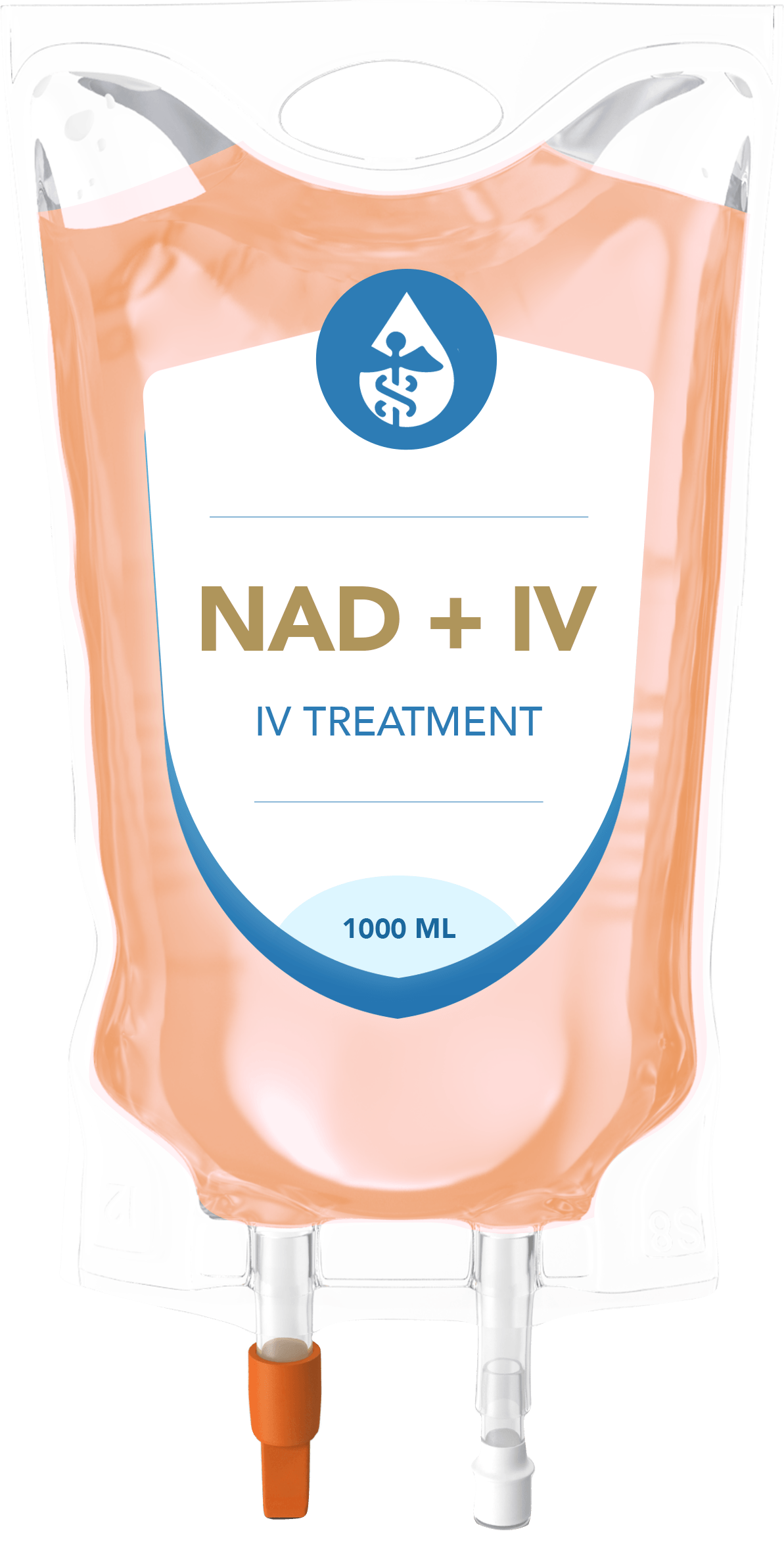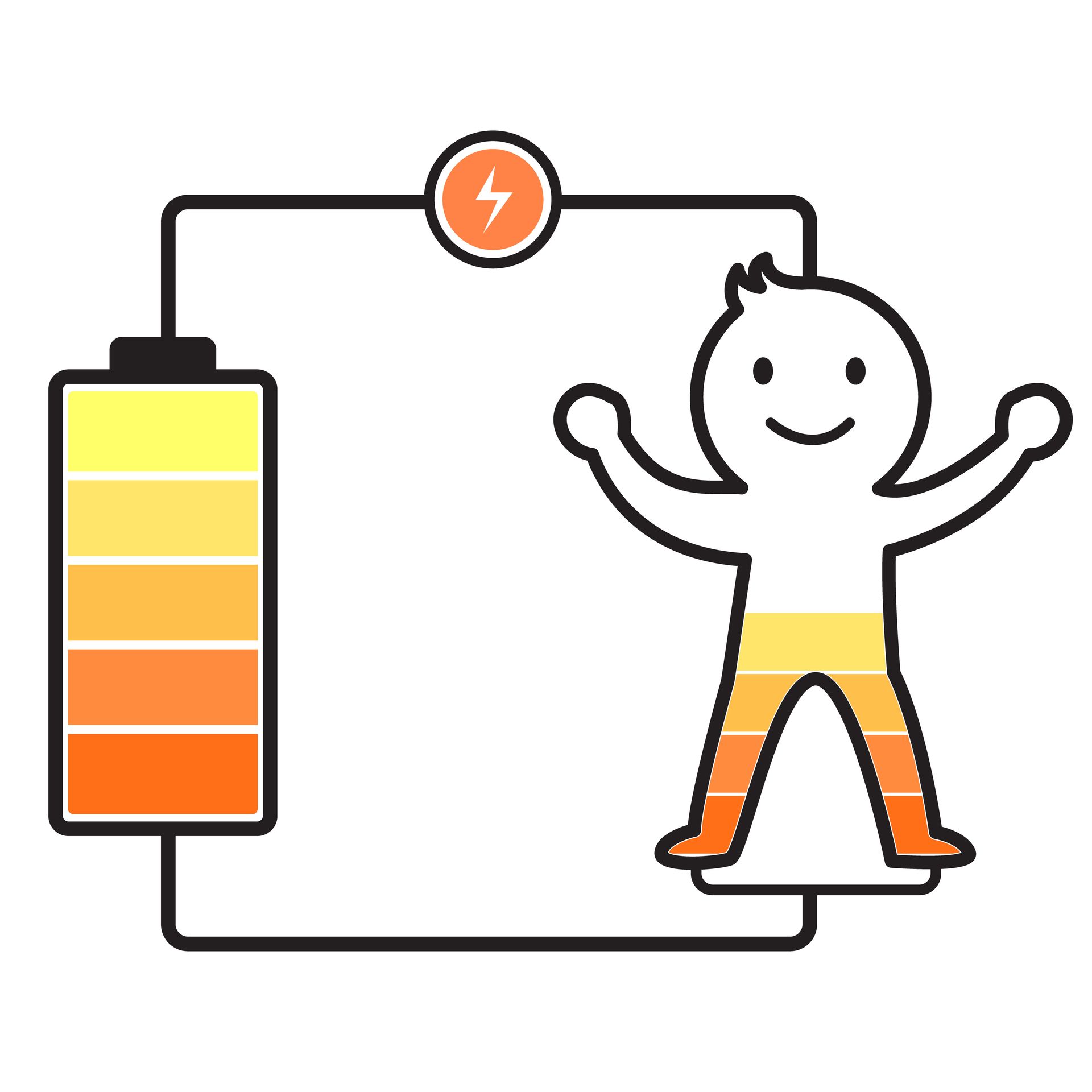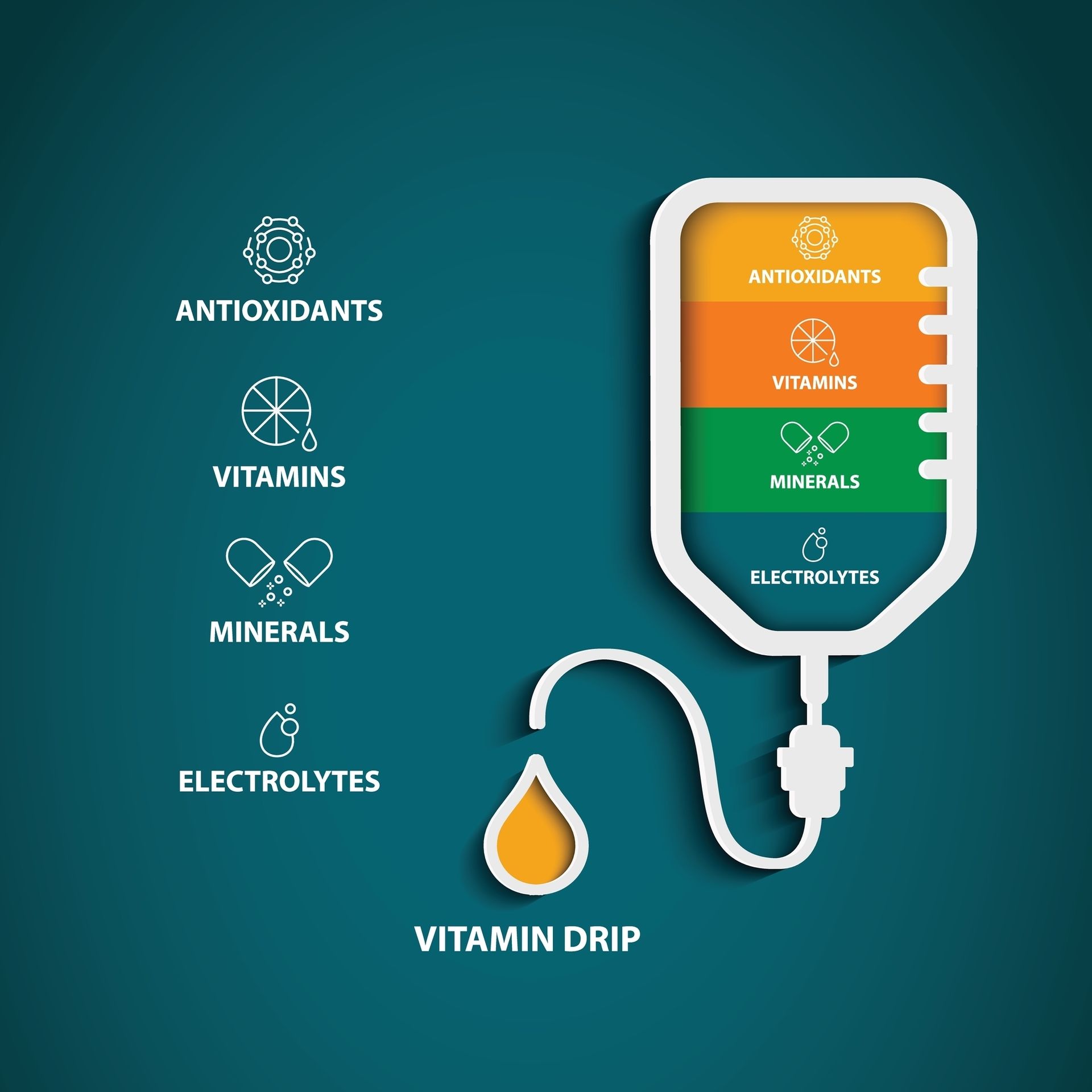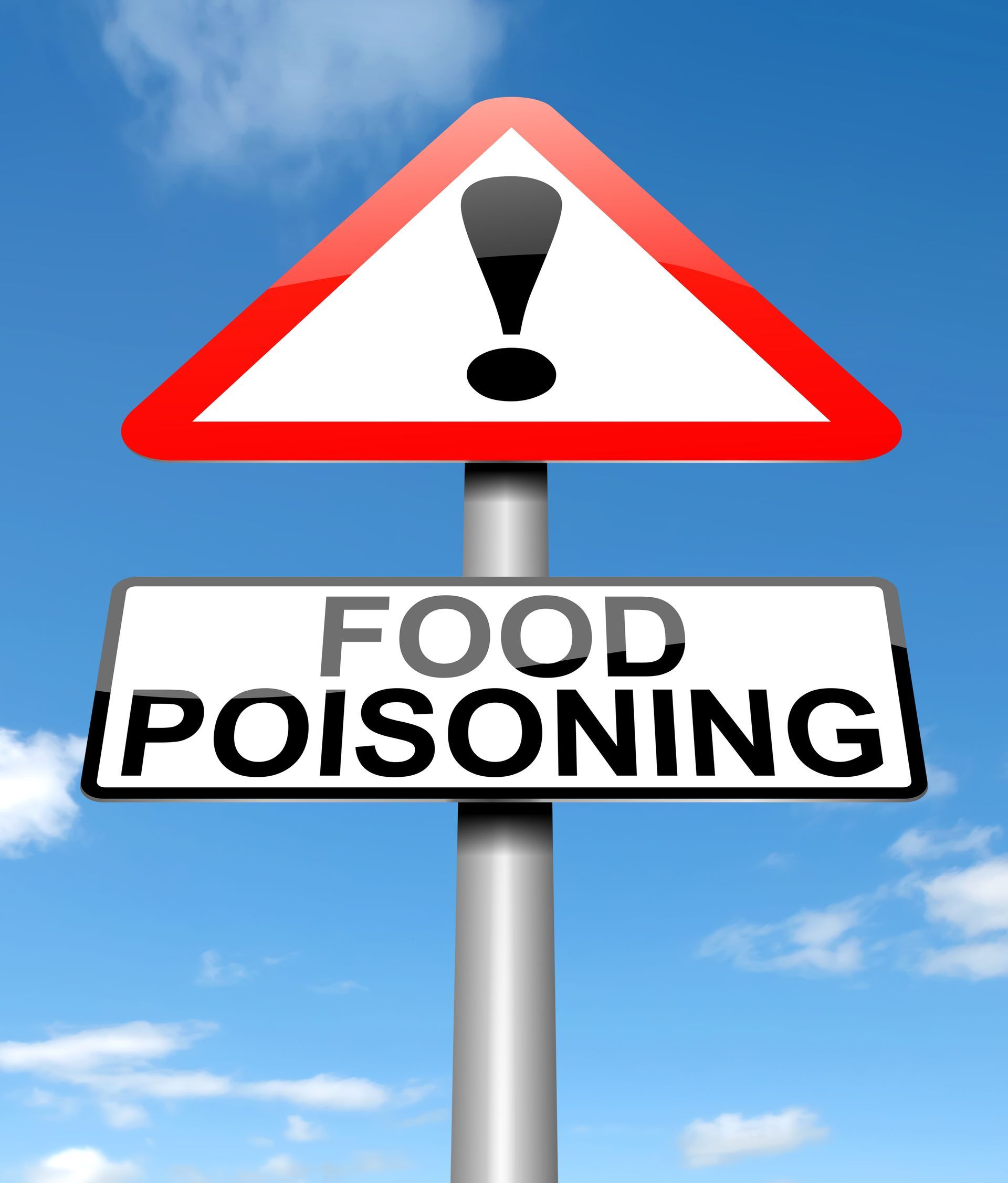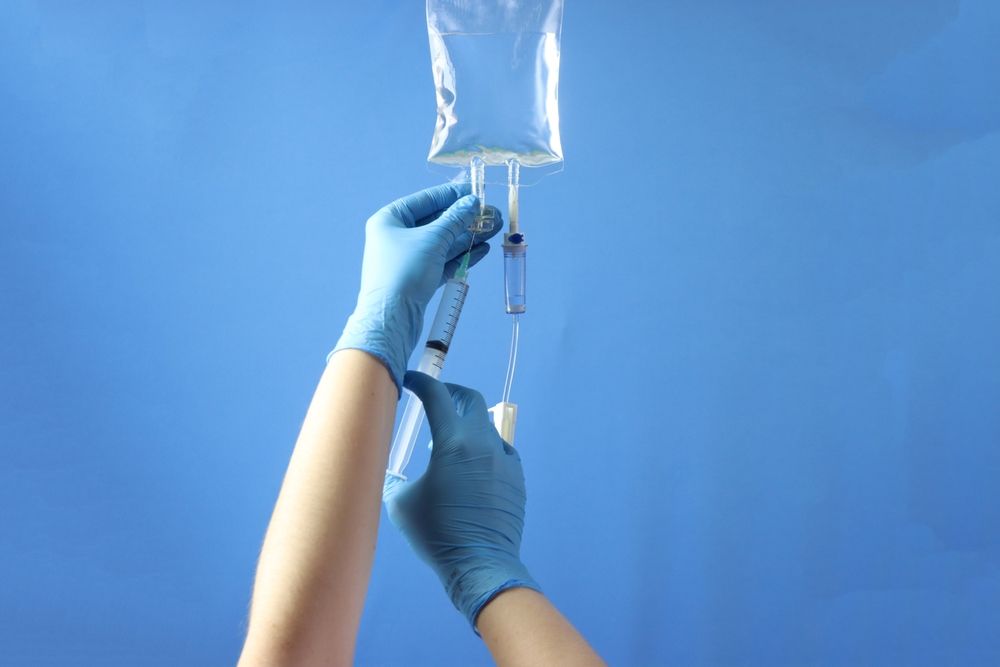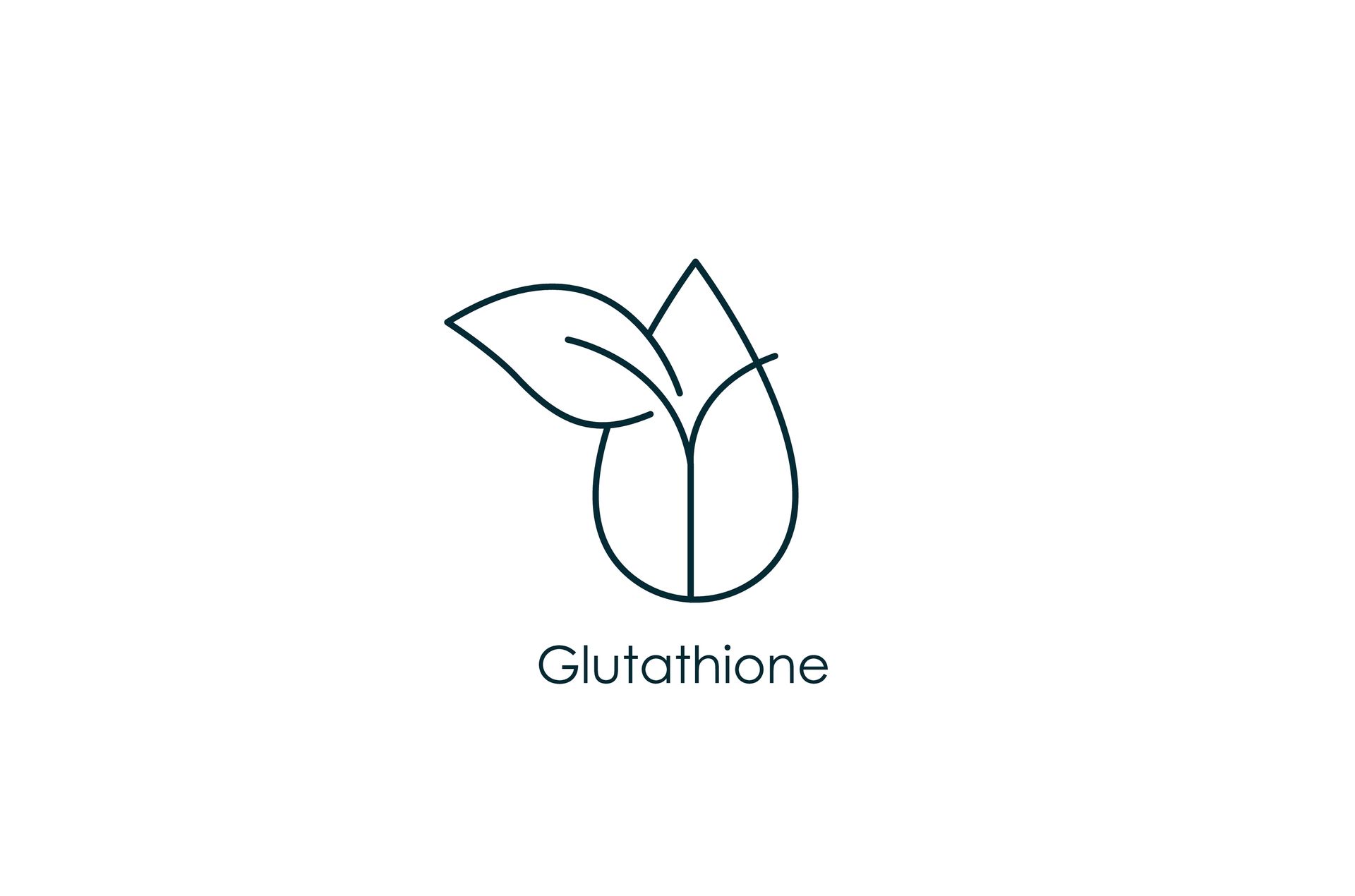Articles and Information
Muscle Recovery 101: Best Nutrients and Practices for Optimal Healing
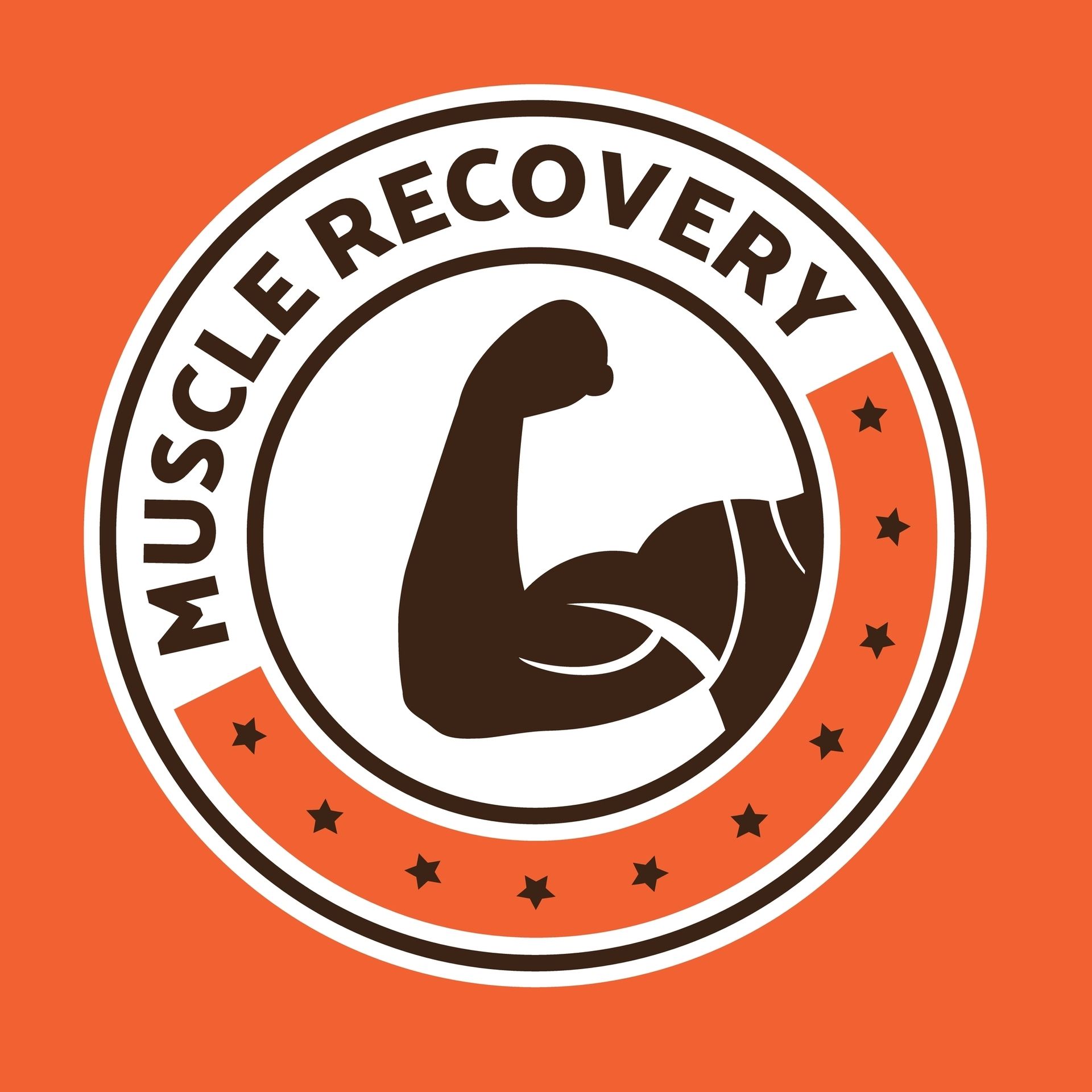
Muscle recovery is a critical component of any fitness regimen, whether you are an elite athlete or a casual gym-goer. Understanding how to effectively support your muscles after exertion can improve performance, enhance overall health, and minimize the risk of injury. This article delves into the key nutrients, dietary practices, physical techniques, and mental strategies essential for optimal muscle recovery.
Understanding Muscle Recovery
Muscle recovery refers to the process that occurs in your body after exercise, particularly strength training or high-intensity workouts. During this period, your muscles repair and grow stronger, which is vital for improving future performance.
Without adequate recovery, your body can become susceptible to fatigue, decreased performance, and even injury. The recovery process involves various physiological mechanisms, including protein synthesis, inflammation reduction, and muscle repair.
The Science Behind Muscle Recovery
At the heart of muscle recovery is a complex interaction of biological processes. After intense exercise, microscopic tears occur in muscle fibers. These damages trigger inflammation, which is part of the body’s natural healing response.
The recovery process begins once these tears are detected. Satellite cells in the muscle tissues are activated and proliferate to repair and rebuild the damaged fibers, resulting in stronger muscles over time.
Importance of Proper Muscle Recovery
Proper recovery is just as important as the exercise itself. Neglecting this aspect can lead to overtraining syndrome, characterized by prolonged fatigue and decreased performance. Prioritizing recovery allows muscles to heal, thus improving your overall strength and endurance.
Moreover, a well-rounded recovery routine can enhance your mental state, reduce soreness, and lead to consistent progress in your fitness journey.
Nutrients Essential for Muscle Recovery
Fueling your body with the right nutrients post-exercise is crucial. These nutrients not only support muscle repair but also replenish energy stores depleted during workouts. Here are some of the key players in muscle recovery.
Role of Proteins in Muscle Healing
Proteins serve as the building blocks for muscle tissue. Consuming adequate amounts of protein is essential for muscle repair and growth following exercise. Research suggests that ingesting protein shortly after a workout can significantly enhance muscle rebuilding.
Sources of high-quality protein include chicken, fish, eggs, dairy products, and plant-based options like beans, lentils, and tofu. Aim for a protein-rich snack or meal soon after your workout to kickstart the recovery process.
Vitamins and Minerals for Muscle Health
Vitamins and minerals play a supportive role in muscle recovery. Key nutrients include:
- Vitamin D: Supports muscle function and repair.
- Magnesium: Aids in muscle relaxation and reduces cramps.
- Potassium: Helps maintain proper fluid balance and muscle contractions.
Incorporating a variety of colorful fruits and vegetables into your diet can help ensure you are meeting your vitamin and mineral needs.
Hydration and Muscle Recovery
Staying hydrated is critical for effective muscle recovery. Water facilitates nutrient transport, helps reduce muscle soreness, and supports overall cellular function. Dehydration can lead to fatigue and hinder recovery efforts.
After workouts, it is recommended to consume fluids that contain electrolytes, particularly if you've engaged in intense or prolonged exercise. Coconut water, sports drinks, or simply adding a pinch of salt to your water can help replenish lost minerals.
Dietary Practices for Optimal Muscle Recovery
To maximize recovery benefits, embrace smart eating habits and meal timing. These strategies can make a significant difference in how quickly and effectively your muscles recover.
Timing Your Nutrient Intake
Consuming nutrients at specific times can optimize muscle recovery. It is generally advised to eat a combination of protein and carbohydrates within 30 minutes to 2 hours after exercising. This timing takes advantage of your body's heightened ability to absorb nutrients for muscle repair shortly after a workout.
Creating a post-workout meal that includes lean protein and complex carbs can provide the necessary fuel for recovery.
Balancing Your Diet for Muscle Health
A balanced diet that incorporates whole foods is essential. This approach provides a wide array of nutrients your body needs for recovery. Focus on whole grains, lean proteins, healthy fats, fruits, and vegetables to supply your body with optimal nutrition.
By maintaining a well-rounded diet, you can help ensure your muscles have the resources needed for repair and growth.
Physical Practices for Muscle Healing
In addition to nutrition, certain physical practices play a crucial role in facilitating muscle recovery. Incorporating these techniques can enhance your body's ability to heal and maintain flexibility.
Importance of Rest and Sleep
Rest is critical for muscle recovery. During sleep, the body engages in processes that repair and regenerate muscle tissue. Lack of quality sleep has been linked to longer recovery times and diminished athletic performance.
Establishing a regular sleep schedule can aid recovery. Aim for at least 7-9 hours of sleep per night to support optimal healing.
Active Recovery Techniques
Active recovery involves low-intensity exercise that helps improve circulation and reduce muscle soreness. Activities such as walking, swimming, or light cycling can contribute positively to the recovery process.
Incorporating a few days of active recovery into your fitness regimen can noticeably enhance your muscle recovery and overall well-being.
Stretching and Flexibility for Muscle Recovery
Incorporating stretching and flexibility training into your routine can help alleviate muscle tension and promote better recovery. Dynamic stretching before workouts and static stretching afterward can provide benefits for muscle health.
Incorporating practices like yoga can also enhance flexibility, reduce stress, and support relaxation for better recovery.
Mental Health and Muscle Recovery
The connection between mental health and physical recovery is profound. Emotional well-being can significantly impact how your body recovers from physical exertion.
Stress Management for Optimal Healing
High levels of stress can impede muscle recovery by elevating cortisol levels, which may lead to inflammation and hinder repair processes. Engaging in stress-relief activities such as meditation, deep breathing, or leisurely walks can greatly aid recovery.
Finding strategies that work for you to manage stress will not only enhance your mental health but also improve the effectiveness of your muscle recovery.
The Role of Mindfulness in Muscle Recovery
Mindfulness practices can help you tune into your body's needs, fostering a better understanding of when your muscles need rest or additional support. Techniques such as guided imagery and progressive muscle relaxation can ease stress and promote recovery.
By incorporating mindfulness into your routine, you can create a holistic approach to muscle recovery that addresses both physical and mental needs.
In summary, effective muscle recovery involves an interplay of proper nutrition, physical practices, and mental wellness. By embracing these practices, you will not only enhance your muscle recovery but also set the stage for continued success in your fitness journey.
USEFUL LINKS
CONTACT US
If you think you may have a medical emergency, immediately call your doctor or dial 911.
This website does not provide medical advice. It is intended for informational purposes only. It is not a substitute for professional medical advice, diagnosis or treatment. Never ignore professional medical advice in seeking treatment because of something you read on the internet. These statements have not been evaluated by the Food and Drug Administration.
© 2021-2024 All Rights Reserved | Powered by OMG Marketing


